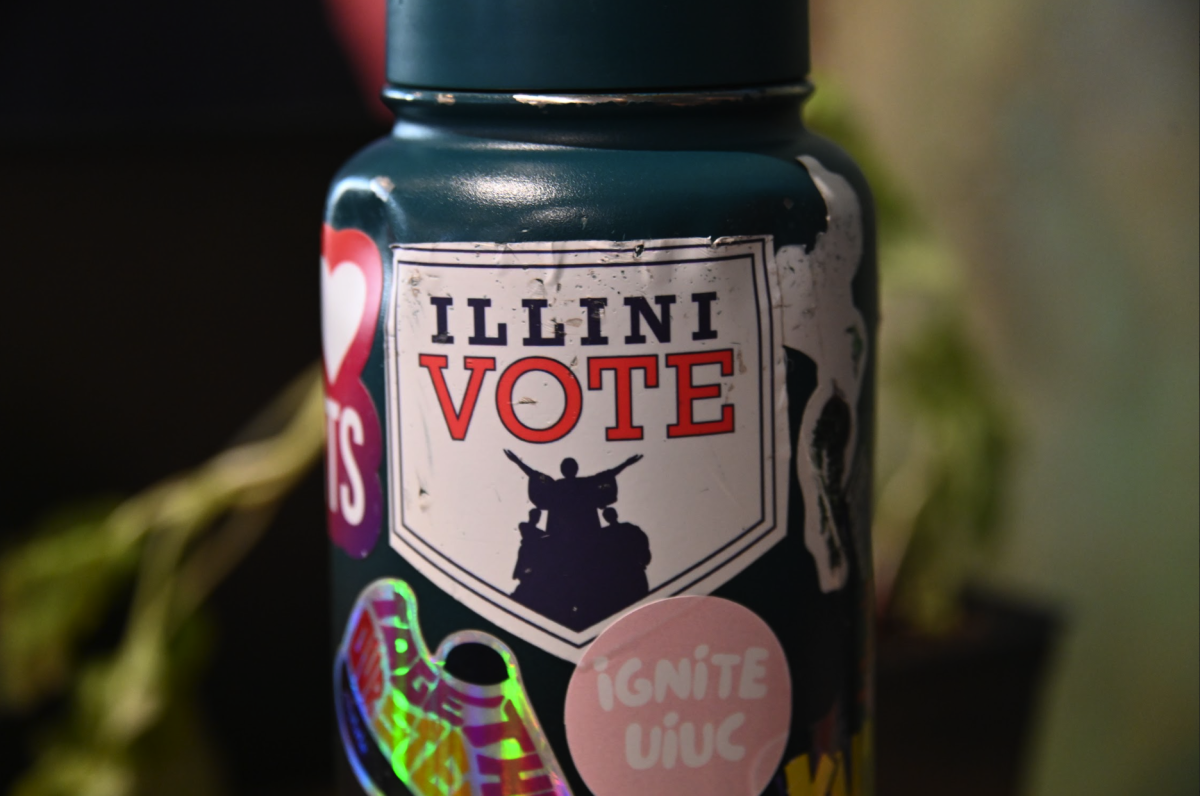The Admissions Review Commission uncovered additional “clout list” related e-mails on Thursday, further promulgating the University’s admissions controversy.
Gov. Pat Quinn formed the Admissions Review Commission to investigate the Chicago Tribune’s allegations that University officials have been admitting certain applicants based on political connections rather than merit.
When the commission was formed the University pledged to fully cooperate with all of the Commissions requests.
“The Commission will have access to everybody and everything it needs to conduct its work,” said President B. Joseph White in a statement.
Despite this pledge, the commission recently discovered that one set of e-mails was concealed, said Abner Mikva, chair of the Admissions Review Commission.
Get The Daily Illini in your inbox!
On Thursday the University released this last batch of e-mails to the public. They contained conversations between Chancellor Herman and Heidi Hurd, dean of the College of Law, among other admissions officials.
Several conversations speak of admitting “Special Admits” despite the fact that some of these candidates GPAs and test scores were below the medians and special admissions requests were frequently discussed.
In an e-mail from Paul Pless, associate dean for the College of Law, to Dean Hurd in March of 2007, Pless wrote, “We currently have admitted 6 SI (special interest) applicants for the Class of 2010. These all came from high profile donors of the College. While all six have LSATs below the median and four have GPAs below the median, overall they would have fit the profile of the College’s entering class 3 years ago with an average LSAT of 162 and GPA of 3.6.”
The majority of the e-mails focus on the College of Law applicants.
“We don’t know of others at this time. I hope this is a limited occurrence, but it is still very troubling,” Mikva said.
The relationship between Chancellor Herman, Dean Hurd and the other players is still unclear. It remains to be seen whether officials were acting on higher orders or by their own accord, Mikva said.
Both Herman and Hurd will be asked to appear before the commission, Mikva added.
The commission heard from Keith Marshall, assistant provost for enrollment management, earlier this month. Marshall was reportedly uncomfortable with admissions process.
“Clearly pressure was being put on him from within and out of the university,” Mikva said. “Now we have to go to the higher ups he reported to.”
The commission has limited time to evaluate the process; its 60 day limitation began when the group was formed, on June 10. The official schedule for the proceedings is set to be scheduled on Monday. In this span of time they hope to uncover any corrupt behavior, Mikva said.
“Exposing all this and making it transparent will make it clear that these are aberrations and they are not acceptable behavior,” Mikva said. “The University is taking steps to make sure this doesn’t happen again.”
Ultimately, the Commission’s goal is to resolve the controversy.
“Unfortunately Illinois has a way of getting in these quagmires in an excess,” Mikva said. “Our goal is to help the University clear its name.”
Admitted students may not be invested in the controversy, but it has an all-encompassing effect, Mikva added.
“Anything that helps or hurts the University or graduate schools directly affects the students, the alumni and the future students,” he said.





